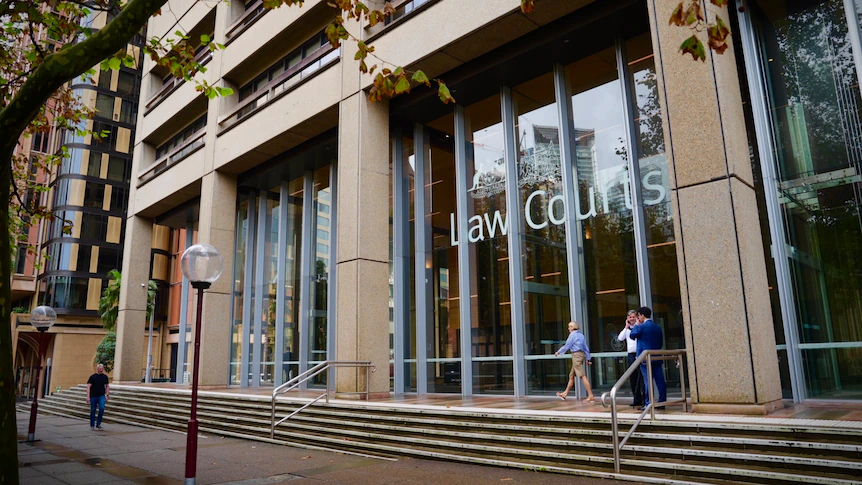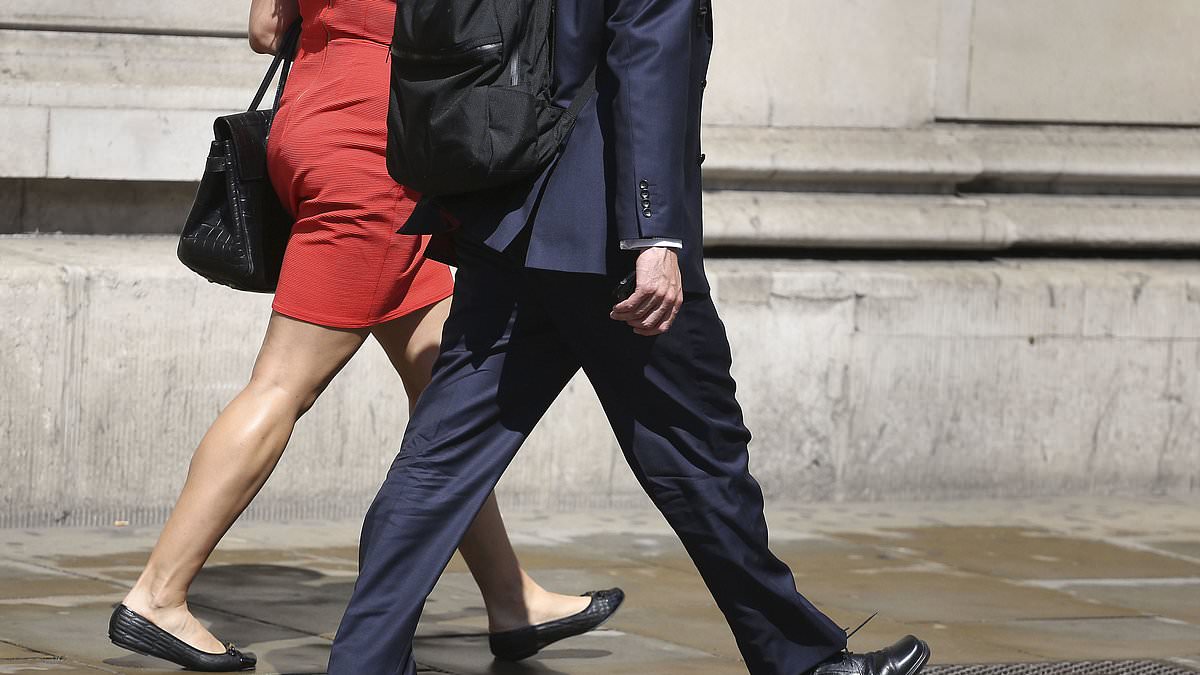By Rhiannon Soliman-Marron
Copyright abc

Dani may be an accomplished lawyer now, but her road to success was fraught with financial difficulty.
For six months, Dani — whose name has been changed for privacy reasons — worked at a not-for-profit community legal centre in Sydney’s inner city, completing an unpaid placement as part of her studies.
She had to survive on money she earned in a separate two-day-a-week job.
“I was really living pay cheque to pay cheque, with not a lot of certainty about how much money I would have to live off the next fortnight,” she said.
Like everyone who practices law in NSW, Dani was required to complete Practical Legal Training (PLT) — a program the state’s chief justice said was in dire need of reform.
The mandatory course is in addition to a law degree and usually involves about three to four months of full-time coursework, along with up to 75 days of work experience.
While many students do their placement in a major firm and are paid for the hours they work — places like Legal Aid, community legal centres and some smaller firms often do not offer payment.
For Dani, who juggled a part-time job with study and work experience, that proved an incredible challenge.
“I certainly didn’t anticipate how difficult or stressful it would be … there were certainly points where I thought I’d have to stop and go back to full-time work, and then pick it up some other time.”
Dani said the bulk of students in her university cohort chose a major firm for their work experience because it is viewed as “the most financially attractive option”.
She said during her time in the community legal sector, she witnessed “multiple people” having to pull out of their placement.
“There were volunteer law students who were really interested who’d come start and just couldn’t sustain it, between the responsibilities with their studies, plus managing their paid work,” she said.
‘Burdensome’ placement costs a ‘significant barrier’
In an August speech, NSW Chief Justice Andrew Bell said the program’s work experience component was “burdensome” and, when unpaid, could be a “significant barrier” to entering the legal profession.
Chief Justice Bell had been giving an update on a review of the course, which is being conducted by the Legal Profession Admission Board, which regulates PLT.
In his speech, several changes were flagged in the hopes of making the course more fit-for-purpose.
Amongst them — slashing the months of coursework to just two to three weeks, and shortening the work experience component to 15 days.
Only five institutions in NSW are currently accredited to provide PLT, which can cost between $8,441 to more than $12,000 for domestic students.
The most dominant is the College of Law, which reported total equity of close to $180 million in 2024.
Chief Justice Bell suggested the college would be “expected” to subsidise the cost of the program or offer bursaries to students, if the coursework was to be shortened.
In a statement, a College of Law spokesperson said the provider was waiting for the regulator to determine if changes were needed.
“The findings by this admission regulator will provide guidance on the future format of PLT in NSW,” the statement said.
The need to bolster subsidised placements
Maxine Evers, who is the director of Professional Programs at Unviersity of Technology’s Faculty of Law, agreed the current work experience requirements can make it difficult for students to complete their course — particularly for those who financially struggle to get their foot in the door.
“There are still many students that are first in family to come to university, and first in family to be engaged in the law,” she said.
Professor Evers said top achievers were often given placement opportunities in large law firms, which have their own training and development programs for graduates.
“But the majority of students are not going to the large law firms, and they’re the ones that have the real mixed experience.”
But Dani said she felt “conflicted” about the proposed change, because the experience she gained from her months of placement at a not-for-profit was invaluable.
“But on the other hand, had it been shorter, the impact on my health and my mental health as well … thinking about the sheer stress I was under, it would have made a huge difference to me.”
A spokesperson for The Law Society of NSW acknowledged the proposed reforms to PLT.
A Legal AID NSW spokesperson declined to comment.
Not all law students come from ‘privilege’
In July, the federal government introduced a Commonwealth payment for students who undertake at least 16 weeks of unpaid practical experience.
But the scheme, which gives eligible students more than $300 a week, only applies to those studying teaching, nursing or social work.
“[They] are getting paid something to do their internship, but law students weren’t even in that discussion,” Professor Evers said.
Dani, who was the first in her family to go to university, said many people held pre-conceived ideas about the profession.
“There were other people I met who certainly did not strike me as coming from privilege … who wanted to study law because they were keenly interested in justice.”
She said both lawyers and clients could benefit from diversity in the legal sector.
“I think it would be a real shame … if people who would like to come and join the profession are dissuaded or disadvantaged simply because of money and time.”
A discussion paper outlining the proposed changes will be released this month, and a final report is expected to be delivered early next year.



